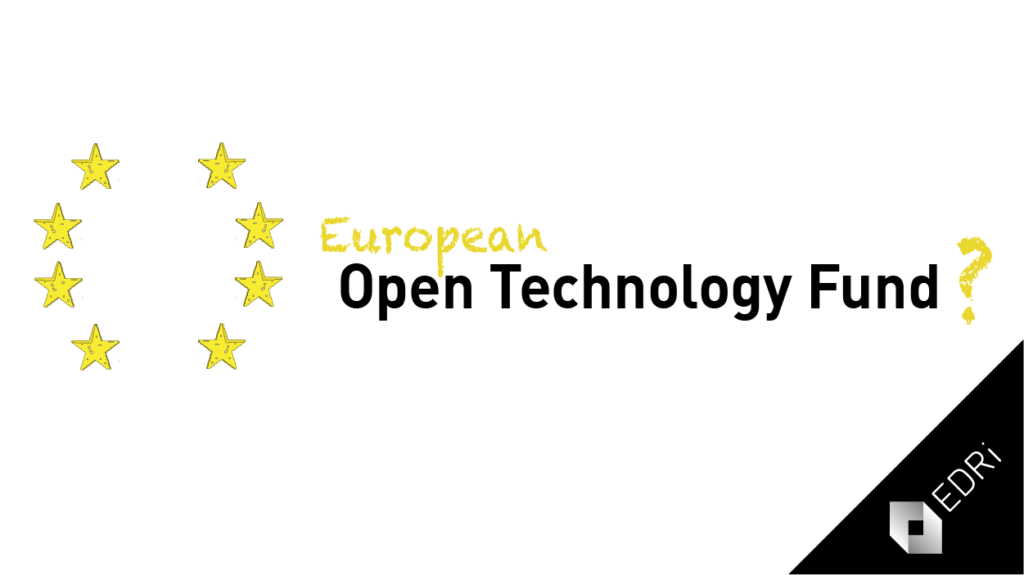The threat on OTF as a wake up call for European digital sovereignty
Around 2 billion people in 60 countries are able to use the internet securely and without risks of being surveilled or censored. And all of this, thanks to the work done by a non-profit called Open Tech Fund (OTF) for only 15 million dollars a year. However, all of this may be over soon.
Around 2 billion people in 60 countries are able to use the internet securely and without risks of being surveilled or censored. And all of this, thanks to the work done by a non-profit called Open Tech Fund (OTF) for only 15 million dollars a year. However, all of this may be over soon.

WTF is OTF?
OTF is an independent non-profit grantee of the United States Agency for Global Media (USAGM). OTF has supported crucial projects such as the security technology behind encryption in WhatsApp and Signal, discovering software vulnerabilities and creating censorship circumvention technologies that enable us to communicate securely. These secure technologies, although important for everyone, are obviously even more important for those who are at risk, such as human rights defenders, independent journalists, and individuals subject to censorship.
According to Save Internet Freedom Tech, there is a real risks (derived from corporate lobbying) that the new leadership at USAGM will “seek to dismantle OTF and re-allocate all of its US government funding to support a narrow set of anti-censorship tools without a transparent and open review process”. An open letter calling to ensure the work of OTF is open for signatories.
Digital sovereignty: a critical resilience strategy in Europe
For most of the critical infrastructures and services we use everyday, public funding is essential. As renown economist Mariana Mazzucato explains the Internet itself, GPS, the touchscreen display in your device, as well as the voice-activated personal assistant (Siri) are all a result of public funding. Same is the case for Google’s algorithm, that was funded by the National Science Foundation.
The European Union has taken some positive steps in this direction recently, especially with the FOSSA pilot project and the Next Generation Internet initiative. The threats on OTF, whether they materialise or not, should be a wake-up call for a European Commission that has set “digital sovereignty” as one of the key goals for the current term. If digital sovereignty means something, it means building the infrastructures, helping to create services, funding research and supporting critical civil society that make Europe resilient towards the security risks that an increasingly interconnected environment with growing remote work that a post-pandemic society will need. If with a very humble budget of 15 million dollars OTF could do all of that, what could we the EU do with a similar, or increased, budget? If digital sovereignty is to be a serious goal and not a buzz word, we need to direct resources to make that happen, sooner than later.
Read more:
Save Internet Freedom Tech
https://saveinternetfreedom.tech/
Taxpayers Helped Apple, but Apple Won’t Help Them (08.03.2013)
https://hbr.org/2013/03/taxpayers-helped-apple-but-app
Naomi Klein: How big tech plans to profit from the pandemic (13.05.2020)
https://www.theguardian.com/news/2020/may/13/naomi-klein-how-big-tech-plans-to-profit-from-coronavirus-pandemic
CEO of Open Technology Fund Resigns After Closed-Source Lobbying Effort (17.06.2020)
https://www.vice.com/en_us/article/935k5p/open-technology-fund-ceo-resigns
(Contribution by Diego Naranjo, EDRi Head of Policy)


